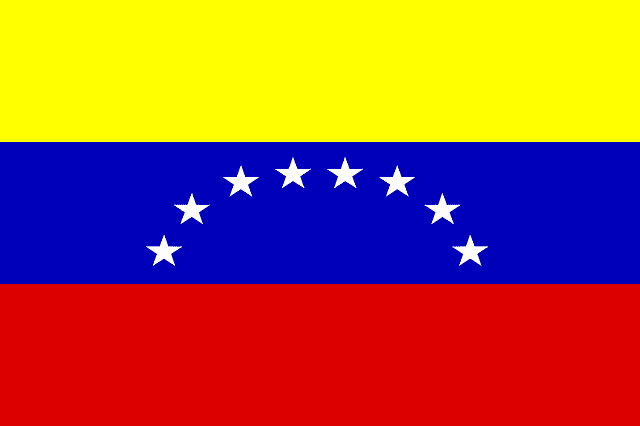With the headlines focused on the financial events taking place in Greece and China, not much attention has been given to the situation in Venezuela.
The last few years have seen many countries in South America undergoing some sort of economic recession while others hover on the verge of experiencing one. South American economies are in general heavily dependent on exports of their commodities, especially oil and gold and these markets have been plummeting all over the world. In addition, the U.S. dollar has been zooming up, putting a further strain on the South American currencies.
When things were going well in South America and when oil exports were booming, business and governments took out tremendous loans and today they are finding themselves unable to repay most of them. With the primary portion of the debt denominated in U.S. dollars, borrowers in these countries are now finding that the cost of repayment is way beyond their original possibilities.
Each country is handling its situation differently, but it is Venezuela that seems to be closest to a full blown financial crisis. The country has been struggling with its economy for some time now and the drop in oil prices has dealt it a severe blow. Up until now, the country had depended on oil revenues for more than 95% of its foreign income but its reserves have dwindled to $20 billion.
According to economist Jason Mitchell, “Venezuela has one of the worst managed economies on the planet and its bonds are trading at levels that suggest a default is priced in.” Bondholders are increasingly worried that the country will fail to service its debt.
The inflation rate in Venezuela today is a shocking 68.5 percent and shortages of basic products and services have already starting to be felt.
No International Calls
One of the areas hardest hit at the moment is their telephone service. Telephone carriers have been defaulting on their payments to their international partners and are already tens of millions of dollars in arrears.
In May with the nation's largest private telephone operator, Movistar, cut off its service to all but 10 countries and Venezuelans who subscribe to Digitel, the other major private operator, have found themselves unable to connect to practically no country at all.
Other areas are feeling the fallout even worse. Airlines stopped flying from Caracas months ago and the state-run postal service suspended international mail deliveries for the unforeseeable future. Citizens are restricted in the amount of money they are allowed to convert into dollars—only $300-- when they travel abroad and the black market has been thriving.
Internet calling services like Skype are also limited and cellphone data packages are not affordable to most people. The only thing left for telephone carriers to do is to begin charging in dollars.
Movistar representatives have been approaching other embassies for help in the matter and India and China might just pitch in and extend services through partnership with their governments.
Harvard University Professor Ricardo Hausmann last year questioned Venezuela’s decision to keep paying Venezuelan bondholders and he is now predicting that Venezuela will have no choice but to default next year. Other analysts agree and are advising investors to sell off their bonds and stay away from buying any more.


